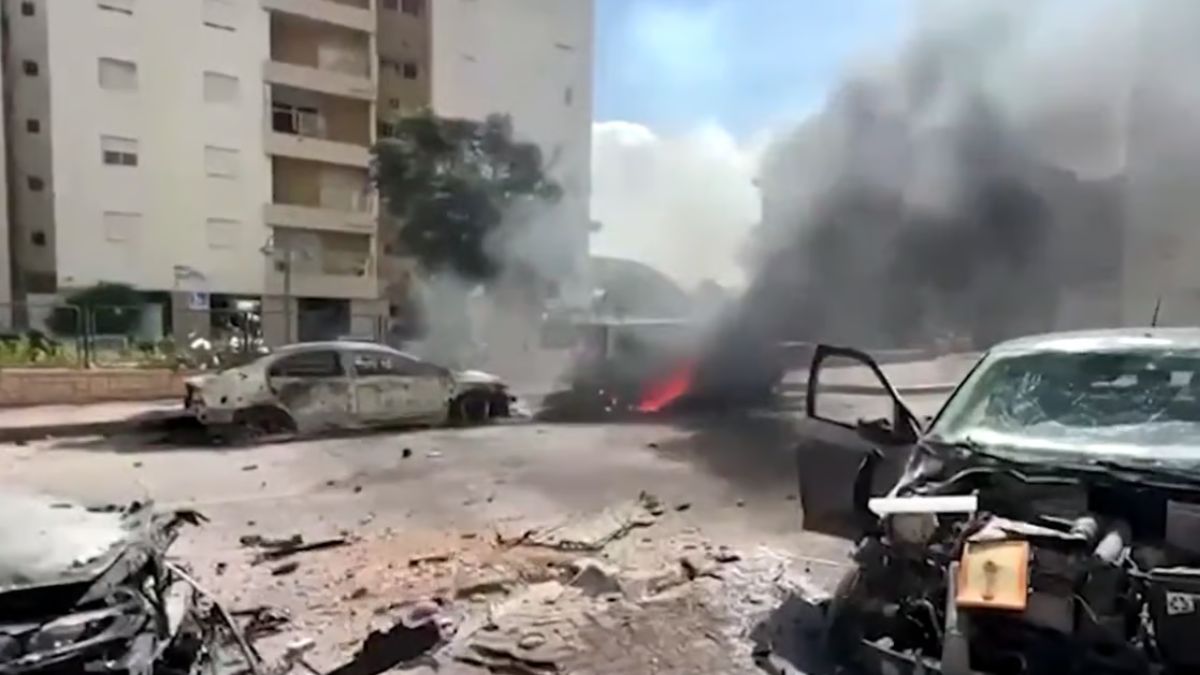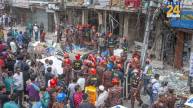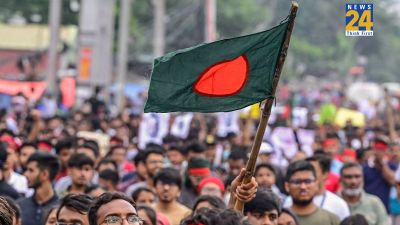Saturday marks the 22nd day of the ongoing conflict between Israel and Hamas. The situation continues to escalate as the Israeli Defense Force (IDF) and Air Force intensify their attacks on the Gaza Strip. A significant and destructive event occurred as Gaza was heavily bombed at midnight on Friday. Reports suggest that a white phosphorus bomb may have been used in this attack, a highly controversial weapon known for its devastating effects.
Additionally, Hamas claims that mobile and internet services have been disrupted in Gaza, which raises concerns about the impact on civilians and their access to information during the conflict.
This alarming situation indicates that Israel’s ground attack on Gaza is entering its next phase, bringing further uncertainty and danger to the region. Israel’s intensified shelling of local areas in Gaza has already resulted in nearly 100 casualties, including residents of densely populated areas. International institutions have sounded the alarm about the severe disruption of communications and infrastructure in Gaza due to Israeli attacks, further exacerbating the humanitarian crisis.
Israeli Army Rear Admiral Daniel Hagari revealed during a news briefing that attacks on Gaza had intensified in recent hours and would continue to escalate. He emphasized the readiness to intensify ground operations during the night. The Israeli Air Force is also conducting heavy bombings on Gaza’s tunnels and infrastructure. In response to the rising tensions, local residents of Gaza have been urged to move towards southern Gaza for their safety.
The use of a white phosphorus bomb, a highly incendiary weapon, adds another layer of concern to the situation. White phosphorus is known for its ability to ignite upon contact with oxygen and its resistance to conventional extinguishing methods, causing severe burns and suffocation for those exposed to it.
The conflict is not limited to the military engagement. Jordan’s Foreign Minister Ayman Safadi claimed that Israel had initiated a ground operation in Gaza. In response to these developments, Hamas has pledged to respond forcefully to Israeli ground attacks. Iran, in solidarity with Palestinians, warned against Israel’s actions in Gaza and expressed concerns about the consequences of such actions.
#WATCH | Heavy shelling lit up the night on the Gaza side of the border area with Israel yesterday as the Israeli army expanded its military operation into the enclave.
(Video Source: Reuters) pic.twitter.com/Ly4JQEQJKd
— ANI (@ANI) October 27, 2023
Meanwhile, Iran’s Foreign Minister has strongly criticized Israel’s actions in Gaza, describing them as war crimes that have turned the entire area into a powder keg. He warned that if this kind of genocide continues, Iran is prepared to respond in every possible way. Meanwhile, Palestinian media reports Israeli tanks entering the Gaza Strip, accompanied by ongoing clashes.
Mark Regev, an advisor to Israeli Prime Minister Benjamin Netanyahu, has stated that Israel is increasing pressure on Hamas, indicating a determination to change the status quo in Gaza.
Hamas, in response to the intensified Israeli ground and air attacks, has expressed its readiness to fight with full force. They have declared their fighters are engaging with the Israeli army near the Israeli border.
Despite these developments, the Israeli army’s ground infiltration attempts in many areas of Gaza have reportedly failed, as reported by Al Jazeera. Violent clashes are ongoing on both sides.
Israel has contested the relevance of the United Nations resolution calling for a ceasefire in Gaza. Israel’s Ambassador to the United Nations argues that the proposal approved by the UNGA holds no validity.
Furthermore, the Israeli army stated that it cannot guarantee the safety of Journalists covering the war in Gaza.
On a diplomatic front, the United Nations General Assembly (UNGA) has approved Jordan’s proposal for an immediate ceasefire in Gaza. The resolution emphasizes the need for all parties to adhere to international law. It received 120 votes in favour and 14 against.
Meanwhile, the World Health Organization (WHO) has expressed concerns about the safety of its staff in Gaza, indicating a loss of communication with them. Gaza has reportedly lost contact with the outside world, including health facilities, workers, and humanitarian partners. This situation raises significant challenges for providing essential services and assistance to the people of Gaza.
#Gaza has lost contact with the outside world amid reports of intensified bombardment. Phone lines/internet/mobile networks cut. Hospitals & humanitarian operations can’t continue without communications, energy, food, water, meds. Safety of civilians, incl health… https://t.co/oBrN1CTbla
— Lynn Hastings (@LynnHastings) October 27, 2023
UN Secretary-General Antonio Guterres has warned that the humanitarian system in Gaza is on the verge of collapse, affecting the lives of around 2 million people. Efforts are underway to deliver essential supplies such as food, water, medicines, and fuel to the citizens of Gaza. To date, 57 United Nations personnel have lost their lives in the ongoing conflict between Israel and Hamas.
The humanitarian system in Gaza is facing a total collapse with unimaginable consequences for more than 2 million civilians.
Needs are growing ever more critical & colossal.
Food, water, medicine & fuel must be allowed to reach all civilians swiftly, safely & at scale.
— António Guterres (@antonioguterres) October 27, 2023













